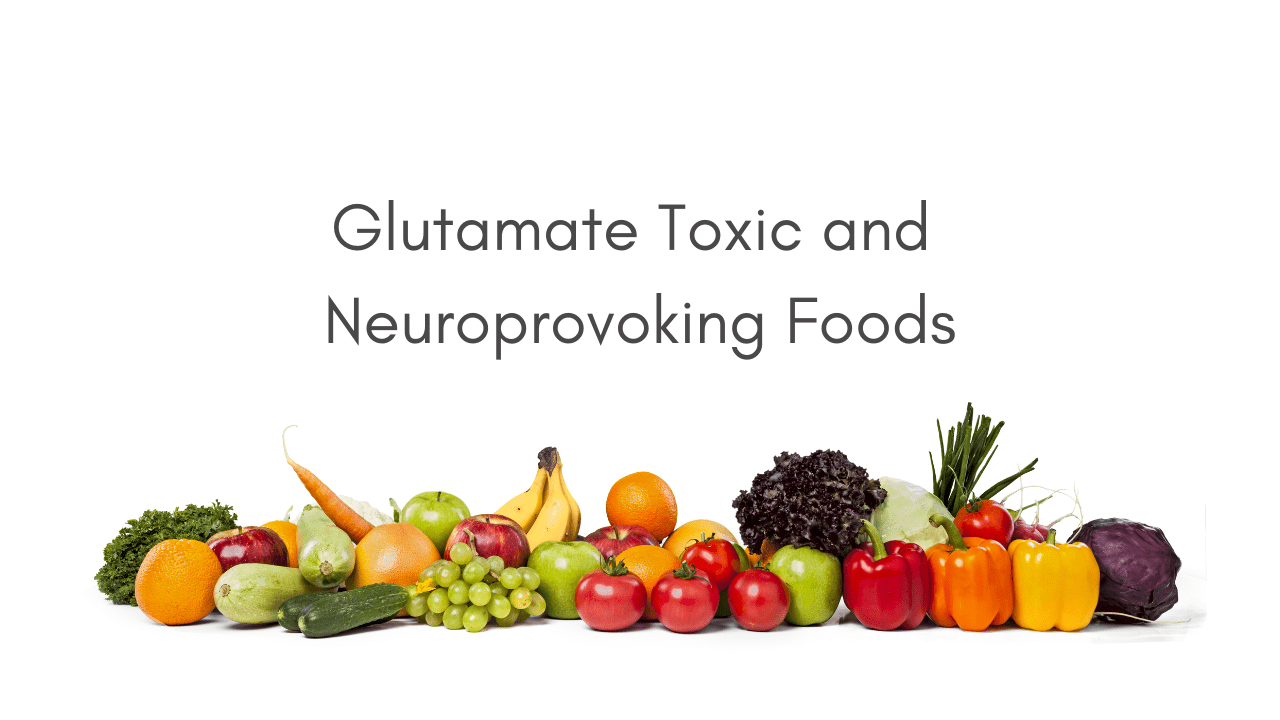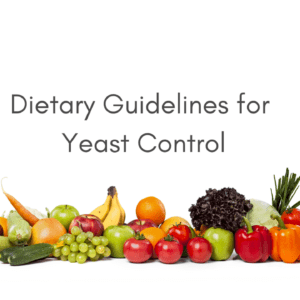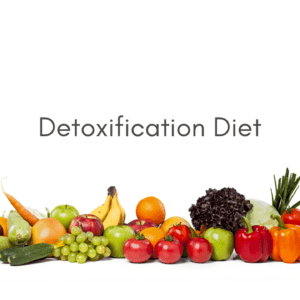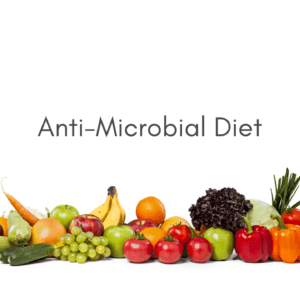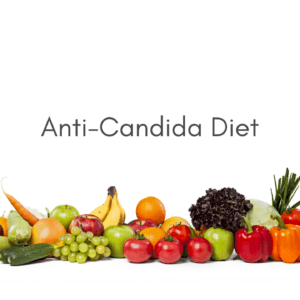Glutamate Toxic and Neuro-provoking Foods
Glutamate is a neurotransmitter that plays a crucial role in brain function. Excess glutamate can lead to excitotoxicity, a condition where neurons are overstimulated, potentially leading mental health conditions. Certain foods, such as aged cheeses, processed meats, and some vegetables, are high in glutamate. Consuming large amounts of these foods may contribute to glutamate toxicity, which has been linked to various neurological conditions, including mood disorders.
Benefits
- Reduce risk of excitotoxicity and neurological damage
- Improve mood regulation and reduced symptoms of anxiety and depression
- Enhance cognitive function and memory
Individual nutritional needs vary greatly depending on factors such as age, health conditions, activity level, and personal preferences. This dietary plan is for informational purposes only and should not be considered medical advice. Consult with your health practitioner for advice of the right diet for you.
This is for informational purposes only. For medical advice or diagnosis, consult a professional.

